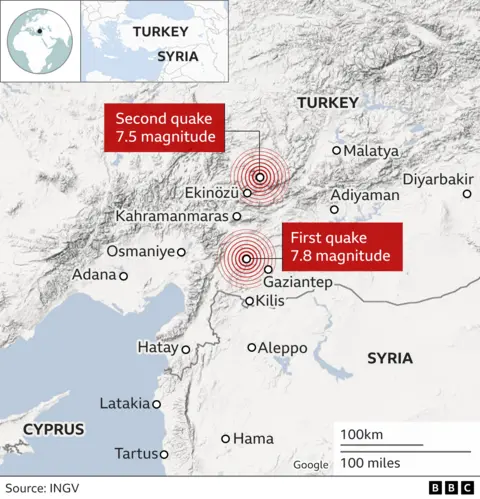Turkey Earthquakes: Current Events and Recovery Challenges

The Importance of Acknowledging Earthquake Impacts
Recent earthquakes in Turkey highlight the devastating power of natural disasters and the importance of preparedness and recovery efforts. With hundreds of thousands affected, the situation is critical for both local and international communities.
Overview of Recent Earthquakes
In the past few months, Turkey has experienced a series of significant seismic activities. The most recent earthquakes, occurring on October 30, 2023, with magnitudes reaching up to 6.5, struck regions already devastated by earlier tremors in February of this year. These events have resulted in considerable loss of life, with reports indicating that over 50,000 individuals have succumbed and more than 300,000 have been displaced.
Response and Recovery Efforts
In the aftermath of the earthquakes, both local authorities and international organizations mobilized quickly to assist those affected. Relief efforts have included the provision of temporary shelters, food, and medical assistance. The Turkish government has deployed thousands of rescue workers to affected areas; however, the logistics of delivering aid remain a challenge due to damaged infrastructure. Despite the efforts, the harsh winter months pose an additional threat, complicating recovery efforts and leaving many vulnerable.
International Support and Aid
Countries around the world have stepped in to provide aid. Several international non-governmental organizations (NGOs), including the Red Cross and Médecins Sans Frontières, have been active in the region, providing essential services. Financial aid and supplies are being sent from various nations, aiming to ease the burden on local resources. This international response underlines the global solidarity in times of crisis, yet it brings attention to the necessity for a long-term strategy to ensure sustainable recovery.
The Road Ahead
Looking forward, experts warn that while immediate recovery is a priority, Turkey must also focus on improving its earthquake preparedness and resilience strategies. Urban planning reforms and building stricter regulations are necessary to mitigate the effects of future seismic events. The recent earthquakes serve as a stark reminder of the unpredictable nature of such disasters and underline the need for communities to be equipped to face them.
Conclusion
The earthquakes in Turkey have resulted in a significant humanitarian crisis that will require sustained international attention and local resilience. As the affected populations begin to navigate their recovery, discussions on preparedness and long-term strategies will be vital in shaping Turkey’s future after such calamities. Readers should consider supporting recovery efforts through donations or advocacy for better infrastructure policies as a way to contribute positively.
